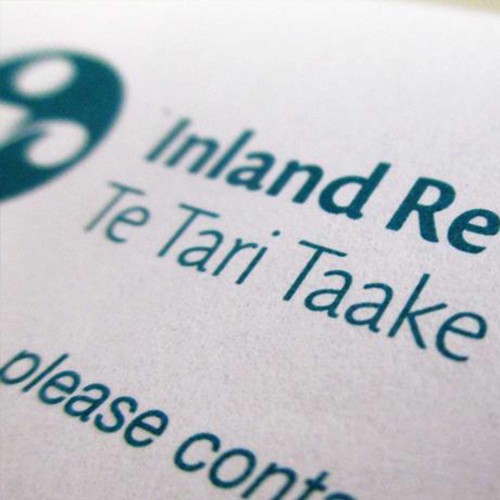
Tax changes in response to Covid-19
May 21, 2020 / 2 minutes read
Categories
On 26 March 2020 the COVID19 Response (Taxation and Social Assistance Urgent Measures) Bill was enacted. This Bill was implemented to assist businesses and individuals who may have been affected by the COVID-19 pandemic.
Changes in the Bill include:
- reintroducing depreciation on non-residential buildings from the beginning of the 2021 income year. Non-residential buildings are buildings that are not residential buildings. Residential buildings are defined as dwellings or buildings that are normally rented for less than 28 days at a time and have less than 4 units. This means that most buildings except dwellings, holiday homes, and Air BnBs will be able to be depreciated;
- increasing the provisional tax threshold from $2,500 to $5,000 from the 2021 income year. This means around 95,000 fewer taxpayers will be required to pay provisional tax throughout a tax year, assisting with cashflow;
- increasing the threshold in which asset purchases can be claimed immediately for tax purposes, rather than being depreciated. Assets purchased between 17 March 2020 and 16 March 2021 costing no more than $5,000 will be able to be claimed immediately for tax purposes. From 17 March 2021, this threshold decreases to $1,000. Previously this threshold was only $500;
- allowing Inland Revenue to write off interest and penalties for tax payments due on or after 14 February 2020 for persons substantially affected by COVID-19.
These changes are all taxpayer-friendly and will help all those affected by COVID-19 to some extent. If you have any questions or wish to discuss these proposals, please give us a call.

Craig McCallum
AssociateCraig is an expert in reviewing and analysing client’s financial statements and tax returns and provides specialist taxation advice, you can always expect Craig to have his finger on the taxation pulse.
- News

 Brad Phillips
Brad Phillips
 Alex Crackett
Alex Crackett
 Justine Newsome
Justine Newsome 
 Craig McCallum
Craig McCallum

